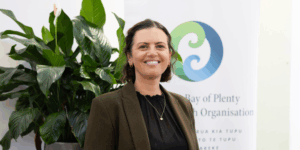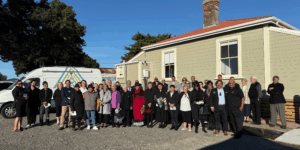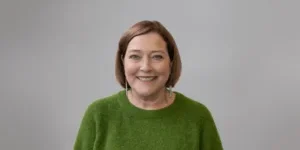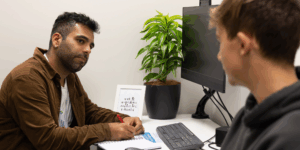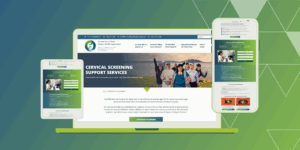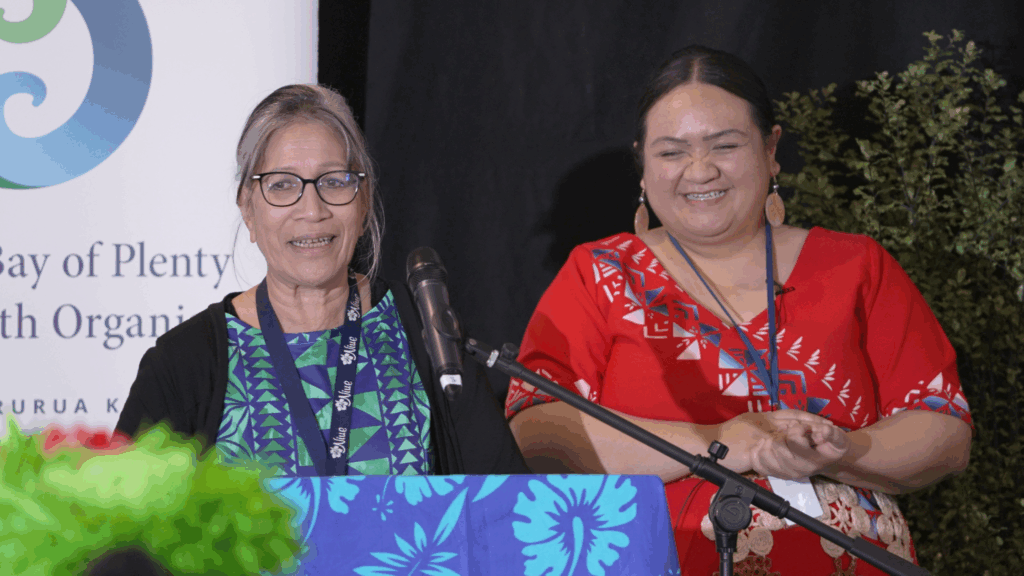
Building on the successful full-day wānanga held in July 2025, Let’s Talk Screening is now accessible as a free online training. This resource supports non-clinical staff to engage in culturally safe and respectful conversations about breast, bowel and cervical screening with Māori and Pacific whānau.
All training materials — including video modules, slide decks, handbooks and supporting resources — are available on the dedicated webpage. Participants who complete the modules can request a certificate of completion.
Easy to get started
Now adapted by WBOP PHO into a flexible, self-paced format, the training is open to everyone. You don’t have to register. Simply access the webpage and begin. While grounded in Bay of Plenty realities, the content is relevant for anyone working in primary or community care across Aotearoa.
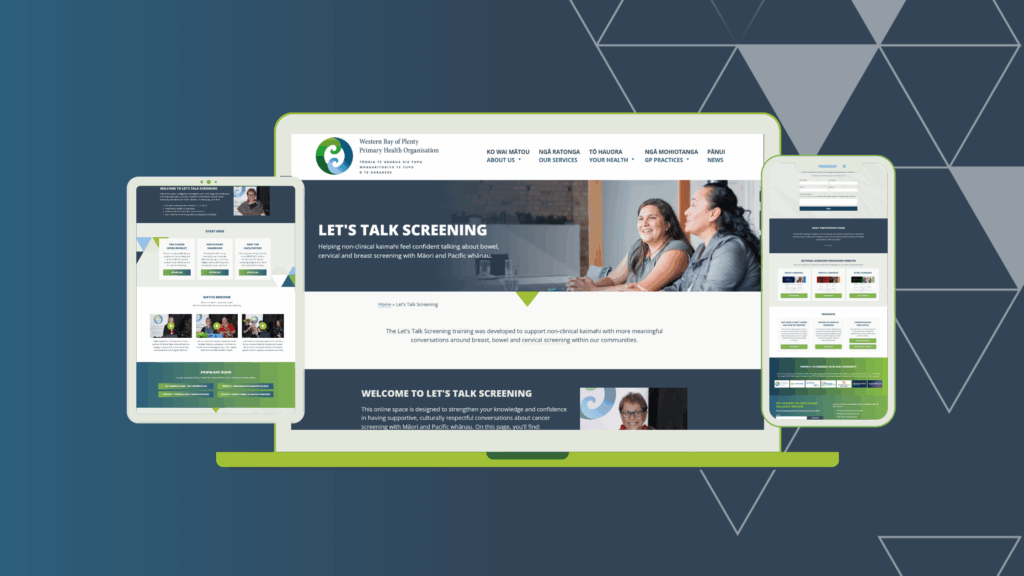
Let’s Talk Screening modules overview
Engaging with Tangata Whenua
This module explores Aotearoa’s history and its ongoing impacts on Māori. It encourages reflection on wellbeing through Te Whare Tapa Whā, strengthens mana-enhancing communication and highlights the value of lived experience in culturally respectful kōrero.
Engaging with Tangata Pasifika
Through Pacific families’ stories, history and wellbeing models, this module shows how Aotearoa’s events shape Pasifika experiences with health services. It includes interactive activities to strengthen culturally sensitive screening practices and understanding of factors that affect participation.
Technical Skills: Breast, Cervical and Bowel Screening
Led by experts on national screening programmes, the session builds confidence in culturally responsive conversations, covering national screening pathways, equity priorities and practical strategies to support engagement.
Co-design and partnerships
Let’s Talk Screening was co-designed by WBOP PHO, AvaNiu Pasifika, BreastScreen Midland and Hauora a Toi Bay of Plenty (Te Whatu Ora | Health NZ), with support from Pacific Island Community Trust (PICT) and Waiariki Whānau Mentoring. The rōpū played a central role in shaping every aspect of the training, bringing lived experience, cultural expertise and community voice to the table.
Bringing the kaupapa to life
A special acknowledgment goes to the facilitators, who contributed not only to co-design but also to bringing each module to life. Their cultural leadership, lived experience and deep community relationships ensured the training reflects the realities of whānau and supports kaimahi to have confident, mana-enhancing conversations.
- Sēnae Mitchell (WBOP PHO) – Engaging Tangata Whenua
- Sameli Tongalea & Sela Tu’uholoaki (AvaNiu Pasifika) – Engaging Tagata Pasifika
- Mary Ann Nixon (BreastScreen Midland) – Breast Screening
- Chrissy Paul (Te Whatu Ora – Hauora a Toi | Health NZ – Bay of Plenty) – Bowel Screening
- Gemma Pearson (WBOP PHO) – Cervical Screening
This kaupapa was funded by Te Aka Whai Ora Māori Health Authority as part of its final funding round before disestablishment.

